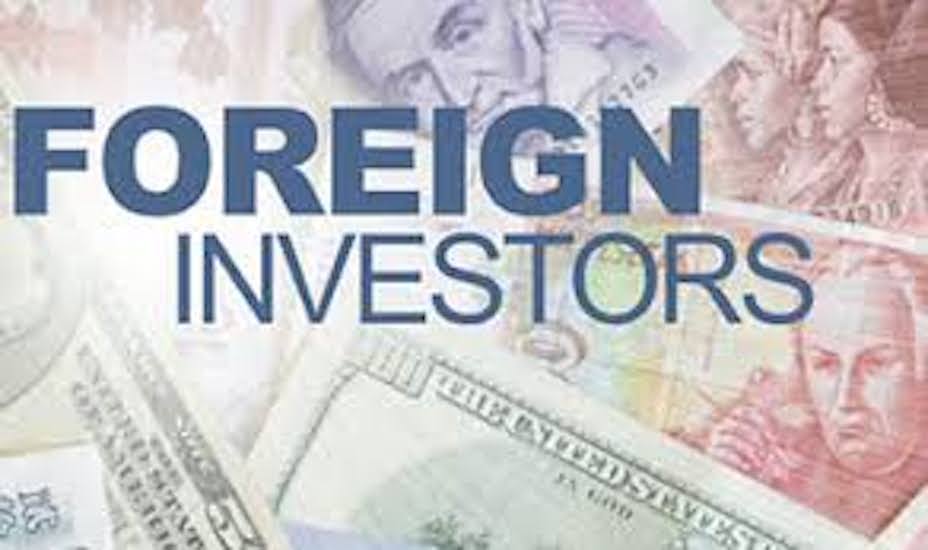Latest statistics obtained from NBS have shown that foreign investors seemed to have quit the Nigerian market as capital importation dropped by $4.08bn (N1.68tn) in one year
According to data from the National Bureau of Statistics, between January and September 2020, total capital importation amounted to $8.55bn.
The latest capital importation report by the NBS, during the same period in 2021, foreign capital inflows into the country fell by $4.08bn (N1.68tn) to $4.47bn.
Join our WhatsApp ChannelDetails of the 2020 figures revealed that in the first quarter of 2020, capital importation into Nigeria stood at $5.85bn, representing an increase of 53.97 per cent compared to Q4 2019.
The NBS’ data read in part: “The largest amount of capital importation by type was received through ‘other investments’, which accounted for 58.77 per cent ($761.03m) of the total capital imported, followed by FPI which accounted for 29.76 per cent ($385.32m); and then the FDI which accounted for 11.47 per cent ($148.59m) of the total capital imported in Q2 2020.”
By sector, capital importation by shares dominated in the second quarter of 2020 reaching $464.57m of the total capital importation.
Capital importation, however, rose to $1.56bn in the third quarter of 2020, representing an increase of 12.86 per cent compared to Q2 2020.
The rise in capital inflows in Q3 was driven mainly by other kinds of investments besides the FDI and the FPI, the NBS said.
According to the bureau, ‘other investments’ accounted for 43.75 per cent ($639.44m) of the total capital importation, while the FDI and the FPI contributed $414.79m and $407.25m, respectively.
Further analysis showed that in Q1 2021, the total value of capital importation was $1.90bn which represented a decline of $3.95bn when compared to the same quarter in 2020.
Capital importation, however, declined to $875.62m in Q2 201, representing a decrease of $415m compared to the $1.29bn recorded in Q2 2020.
The NBS said that, “The largest amount of capital importation by type was received through portfolio investment, which accounted for 62.97 per cent ($551.37m) of total capital importation, followed by other investments, which accounted for 28.13 per cent ($246.27m) of total capital imported and the FDI, which accounted for 8.90 per cent ($77.97m) of total capital imported in Q2 2021.”
It added that by sector capital importation by banking dominated in Q2 2021 at $296.51m.
In Q3 2021, capital inflows rose by over 97 per cent to $1.73bn in Q3 2021 (quarter-on-quarter), and by 18.47 per cent (year-on-year).
Portfolio investment, which accounted for $1,217bn was the major driver of capital inflow in Q3, followed by other investments which accounted for $406.35m while the FDI amounted to $107.81m.


















Follow Us